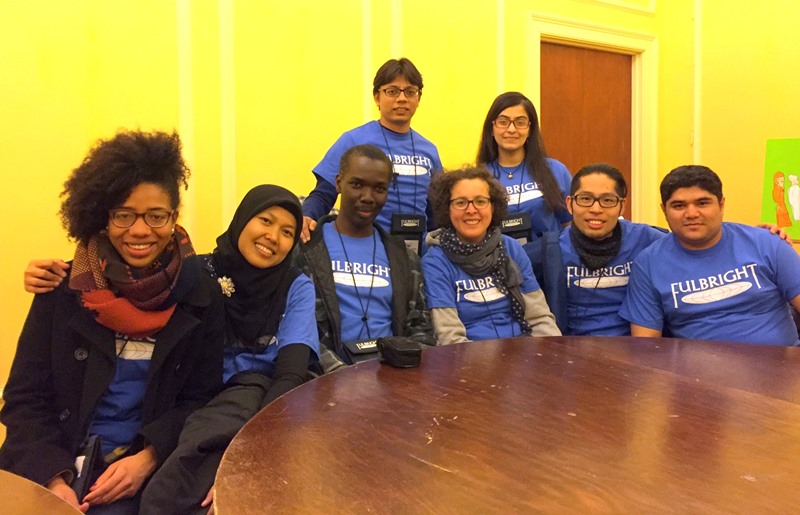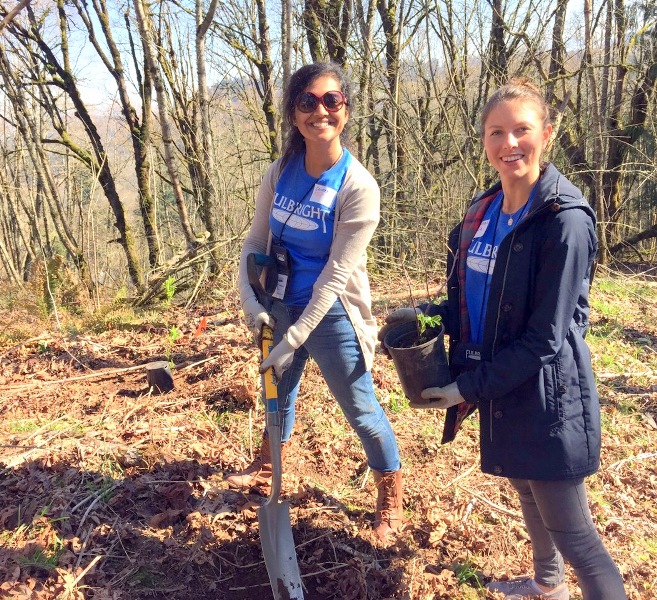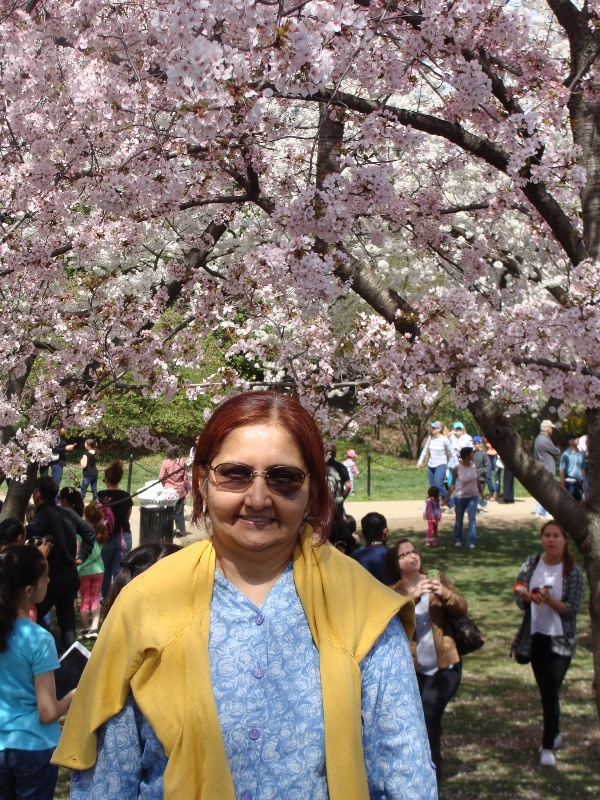Start the process early: “The early bird catches the worm.” This popular saying is relevant for prospective applicants for the Fulbright-Nehru program. I began my preparation for the Fulbright-Nehru Master’s Fellowship in 2013, six months prior to the July deadline. As I began early, I was able to do extensive research on the Fulbright program by reading articles, essays and blogs to understand the essence of this prestigious fellowship.
Read the application instructions: I found the actual application process easy as USIEF had prepared detailed instructions on the application process. There are several tips provided in the application form to help prepare a strong application. My advice to all applicants would be to devote time to read and understand the application instructions.
Revise the application to ensure that there are no errors: Before writing the personal statement and statement of purpose, I prepared a timeline of my achievements in chronological order which included my experiences, education (formal and informal), professional challenges, failures, success and awards. I also made a note of my cultural, religious, and social experiences. Be prepared to write and revise several drafts during the application process!
Aatish Khan (standing on left) at a Fulbrighters Enrichment Seminar for Community Service in the U.S.
Write clearly and use simple language: As there are several sections in the application, the strategy I adopted was to spend two to three days on each section. After completing all the sections, I revised the application in its entirety a few times to ensure consistency. I advise all applicants to use simple and grammatically correct language and avoid using bombastic style.
Identify the right referees for the application: It is important to think before selecting referees as their recommendation are critical to the success of the applicant. You should avoid selecting more than one referee from the same institution. I had few meetings with my referees to ensure that they had a clear understanding of my reasons and objectives for applying for the Fulbright program.
Identify the right host institution for the program: One should spend time to identify the possible host institution. Though USIEF and IIE help in the placement process, it is necessary to ensure that your objective to pursue the program aligns with the specialization available at the institute.
As a Fulbright-Nehru Master’s fellow, the training and education that I receive will add credentials to my professional career.
Best of luck!
Cauvery Ganapathy, Fulbright-Nehru Doctoral Fellow at University of California, Berkeley, shares few tips on preparing a successful application
- Highlight the novelty in your research proposal: You should spend time to find out if similar research is being done in your field. It is important to ensure that your research adds a new dimension and contributes to the existing literature.
- Establish the raison d'ętre to conduct your study in the U.S.: It is important to have a clear sense of “why” the research needs to be done in the U.S. Some criteria to consider would be -- availability of primary sources, and interaction with well-known experts in your discipline among others. Highlight the extra-curricular activities in your application. It is important to include information about your personal trajectories and how these steered you to apply for a Fulbright-Nehru fellowship.
- Choosing referees: You should always reach out to those that are well versed with your work against someone who is a well-known name. Remember to get referees who can comment on different aspects of your credentials.
- Prepare for the interview: Highlight the importance of your research and identify the significance it may bear upon your study discipline and on the contemporary realities of India and the U.S.
- Host University: Identify institutions which could actually complement and benefit your own research.
Cauvery and her fellow Fulbrighter from Russia participating in community development project
Read what Dr. Meera Purushottam, Fulbright-Nehru Academic and Professional Excellence Fellow at Johns Hopkins University, has to say about tips on preparing a successful application:
- Spend time in preparing a resume that highlights your research interests.
- Ensure that you select the host Institution where your expertise aligns with the research interests of group with whom you want to work at the university.
- Letter to the host institute should be compelling enough to guarantee a suitable response.
- Research topic should be novel and unique. The application should indicate your ability and expertise to complete the project.
- Reach out to peers or senior colleagues who can comment on your credibility for reference letters.
- For the final interviews, be prepared to articulate clearly and succinctly the details of the research project. Respond professionally to any awkward question by the selection panel. This is to judge your ability to represent your country as a cultural ambassador.
Meera takes a break from her work to enjoy the cherry blossom festival in Washington DC.



